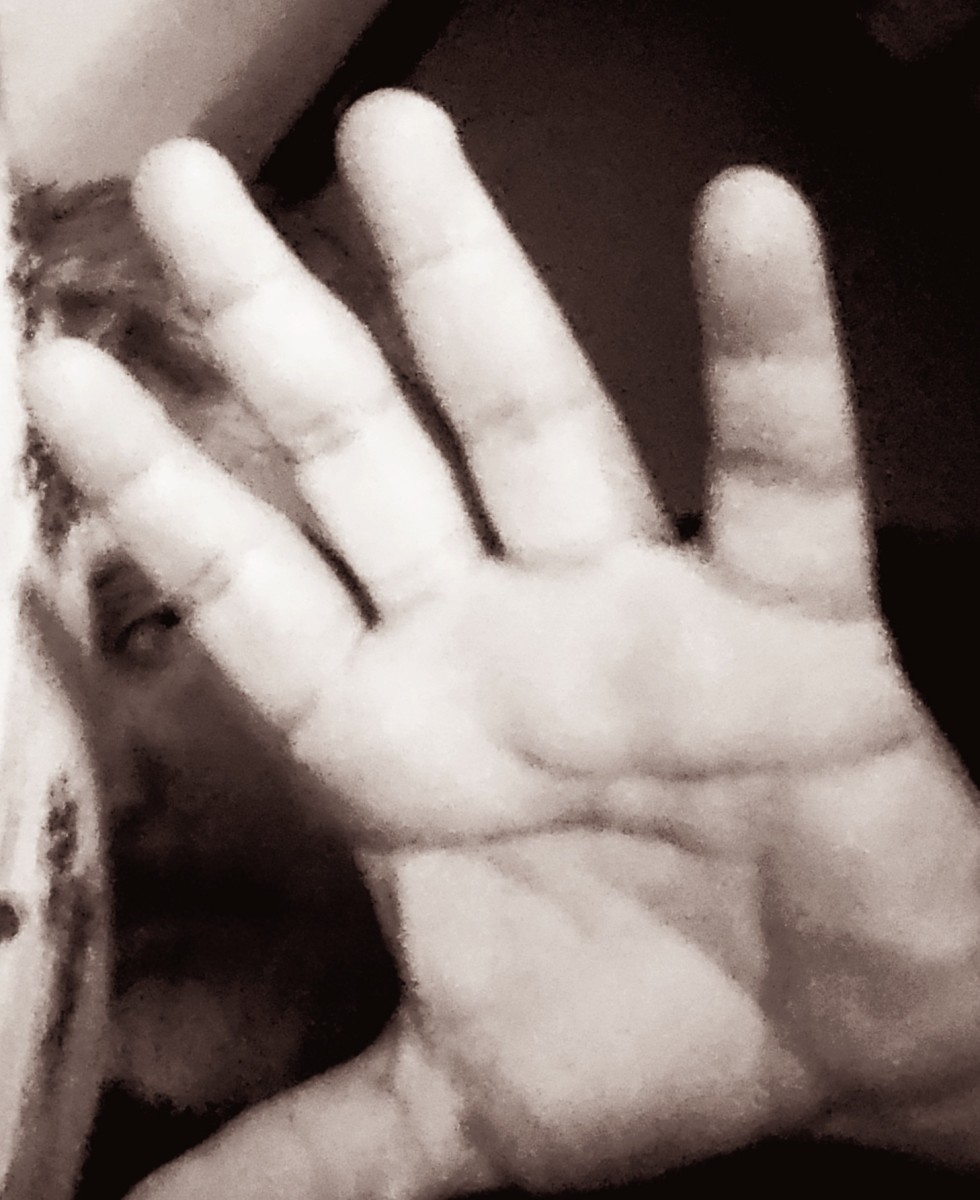- HubPages»
- Health»
- Mental Health»
- Personality Disorders
Antisocial Personality Disorder: It's More Serious Than You Think
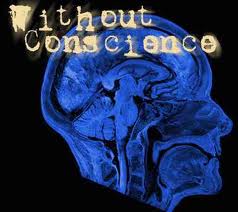

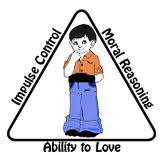

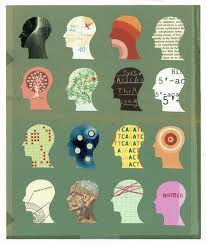
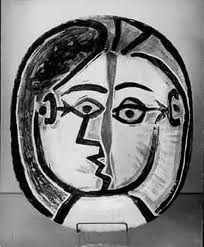
The Basics of Antisocial Personality Disorder (APD)
If it wasn’t for my daughter’s father, I would be left completely in the dark about this kind of scary disorder. He joined the U.S. National Guard in 2008, but left Boot Camp on suicide watch. After he came back home, he read aloud to me his psychiatric evaluation, and on the list was Anti-Social Personality Disorder or otherwise known as APD. The first thing that came to mind was, “That must mean he doesn’t enjoy being around people.” Later that night when I came home, I decided to take it upon myself and try my best to educate myself on the disorder so that I would be able to better understand it. What I found totally blew my mind. I didn’t know there was a type of personality disorder with the kind of behavior I was slowly but surely starting to experience with him. It was only until later on I was able to connect-the-dots when a close relative of his told me some serious unethical behavior after our relationship had ended. My findings were fascinating and made me want to share everything I’ve learned about this disorder with everyone else who didn’t even know of this disorder.
What is APD?
The term “psychotic” is extreme, but it does exist. Sociopath is another term for this type of disorder. This is categorized as a Type B Personality disorder. Ruthless behavior is just one of many personal characteristics they possess. They will show no remorse for their actions and distribute unethical behavior while placing the blame on others before themselves. They make decisions based on impulse rather than what the reality of their consequences are and the impact it has on their lives as well as others. Manipulation and deceitfulness are also the ways in which they behave. Charming ways are often the bait used when trying to pursue someone of the opposite sex. However, APD is three times likely to occur in men than in women. In Paris of 1914, there was a man named Henri Desire Landru, who used personal ads to “lure in his women,” so to speak. He then used them for whatever they had he wanted, killed them, and cremated them in his own stove. This is just an example of the extreme carelessness people with this disorder are capable of. APD is also referred to as someone with a “criminal personality.”
This disorder is known to exhibit rude and violent behavior starting at a young age from childhood into adolescence and even growing into adulthood. In children, their behavior tends to be quite erratic. They may destroy public or personal property, lie, show aggression or a constant agitation, and steal. In their adolescent years, this mode of behavior escalates leaving them becoming more rebellious and deceitful. Revenge or disruptive irrational thoughts are some of the things that keep this mind working for what they think is its most potential yet most harmful. Acts of starting fires no matter big or small can be another action to be taken into further examination. Animal cruelty can be another trait of this careless behavior and attitude. When going into adulthood, this vicious cycle continues and they are rather irresponsible. Unfortunately this kind of behavior does not end. It is only the severity of this disorder that tapers off in time as a person gets older as well as the proper treatments needed.
What are the causes of APD?
Although it is hard to pinpoint the exact causes of Antisocial Personality Disorder, there are indeed factors that can be potential leading causes. Since this disorder usually begins at such a young age, it can stem from a child’s home life. How they were treated within the home, what kind of family this person had, if they were shown the love and affection by their parents, friends or family that they needed to survive as a decent human being are all factors that may play a role in how a person evolves, and which choices that will make in their own lives. If they were abused mentally, emotionally or sexually also play a huge role in the leading causes of this disorder. In order to find out if someone has this personality, they must conduct a psychiatric evaluation so that proper care will be assessed.
What kind of treatment(s) is used for someone with APD?
Antisocial Personality Disorder comes in a variety of treatments. These include mood stabilizers, anti-depressants, anti-anxiety medication, anger management classes, and psychotherapy. It is important that someone with this disorder seek professional care so that the disorder can be controlled effectively avoiding erratic, impulsive behavior. It is also important that patients be consistent with all these treatments listed.
When someone hears the word “antisocial,” almost everyone can relate that to one who prefers complete isolation and withdraws from large crowds or groups of people. It is important to understand the severity of negative, immoral, unjust, ruthless actions of someone who is a victim with this disorder. Consistent psychotherapy is needed to keep this potentially harmful and daring personality from going to extremes. Again, there are methods to keeping this under control, but one has to be willing to take the steps and make the changes needed to create a more stable, rational and healthy environment.





